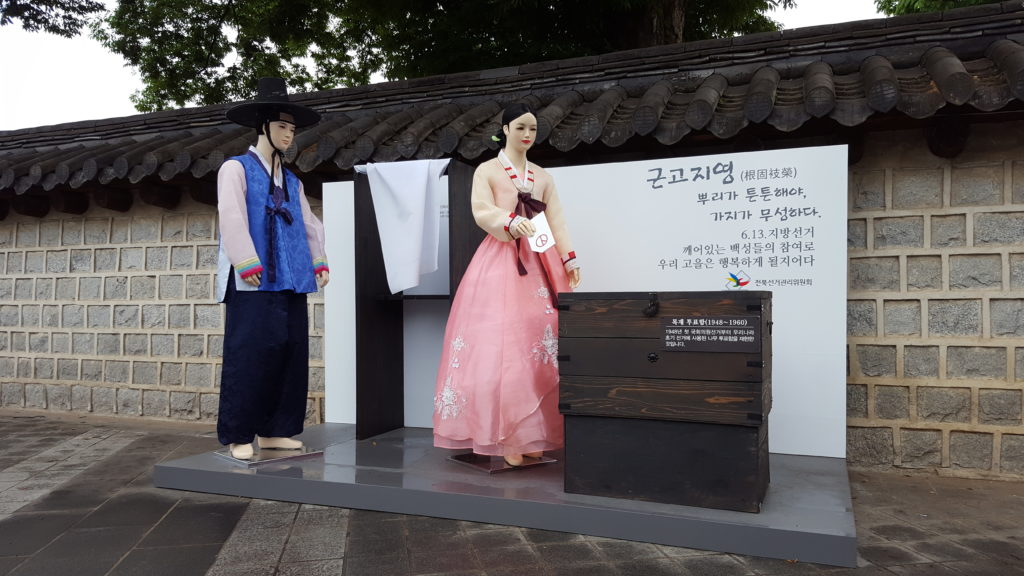The Peninsula
Korea’s Effort to Expand the Number of Eligible Voters

This briefing comes from Korea View, a weekly newsletter published by the Korea Economic Institute. Korea View aims to cover developments that reveal trends on the Korean Peninsula but receive little attention in the United States. If you would like to sign up, please find the online form here.
What Happened
- 88,000 overseas South Koreans (51.2% of total overseas citizens) in 57 countries are excluded from voting in the upcoming National Assembly election.
- About 4,300 people signed a national petition requesting voting by post.
- There were appeals to the constitutional court and a social media campaign to guarantee suffrage for overseas residents.
- Overseas citizens registered the lowest-ever voter turnout of 23.8 percent.
Implications: In contrast to the rapid response by public health authorities to COVID-19, the South Korean bureaucracy has been less agile in responding to challenges to democratic rights that stem from the pandemic – even when their inflexibility appears to contradict the government’s own long-held objectives. South Korea has been expanding the base of eligible voters over the past several years, but the COVID-19 pandemic revealed that the government was insufficiently prepared to guarantee these rights during a crisis. In response to many local South Korean diplomatic missions suspending in-person polling, the National Election Commission (NEC) has not offered a realistic alternative for overseas citizens. In response to requests to submit ballots by mail, the NEC maintained that such measures are only applicable to patients, not to overseas residents.
Context: Efforts to expand suffrage have not been executed consistently. Voting rights were extended to overseas residents in 2012. But a proposal to increase the number of polling booths in 2019 was rejected in the National Assembly. Similarly, the government planned to educate 20,000 newly franchised 18-year old voters. However, these programs were canceled in the wake of COVID-19. The Office of Education recommended that students watch a video from NEC instead. This led to criticisms that the quality of education was superficial.
Korea View was edited by Yong Kwon with the help of Gordon Henning, Soojin Hwang, Hyungim Jang, and Ingyeong Park.
Picture by user 고려 from Wikimedia Commons
